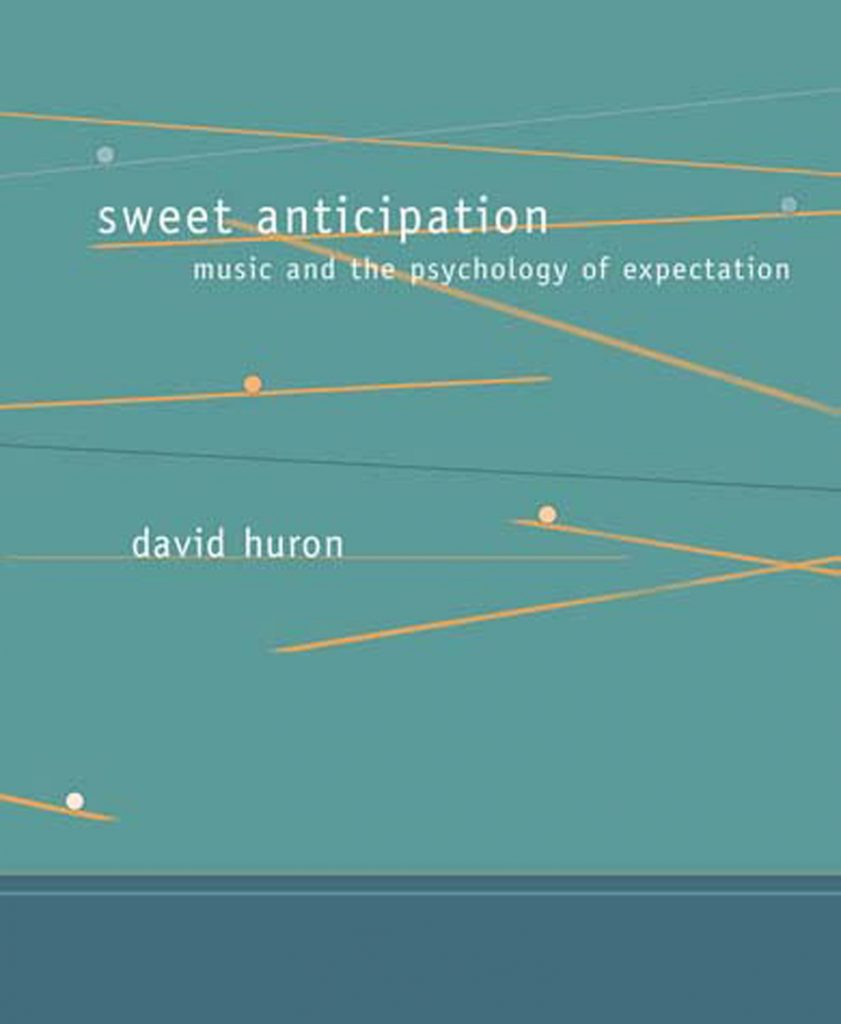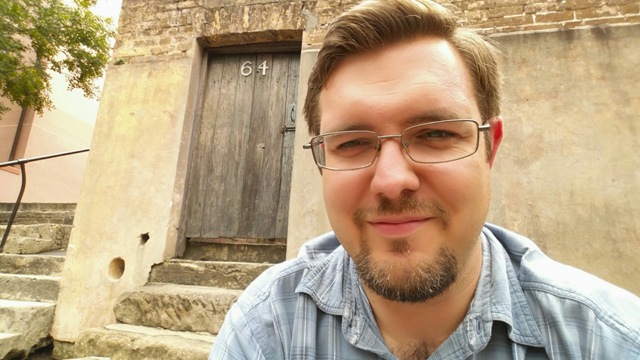
This is an outstanding piece of musical scholarship about the psychology of music, but also really important if you’re in my line of work, which is classical music marketing. I first heard about David Huron’s work a decade ago, when I read that he had done experiments that proved that audiences hated Schoenberg’s music because it was harder to follow than random music. (Which was the article that first inspired my concept of Pattern Matching, which you can read about elsewhere on this blog.)
I finally bought his book about four years ago and only now – which shows the speed of my reading pile – am I getting around to reading it. I should have done it a lot earlier! But better late than never.
The book is longish, with some complex ideas (but certainly not incomprehensible, as long as you have some knowledge of how music works). But Huron’s central thesis is this – that one of the fundamental things that makes music “work” is the way it plays with our (often subconscious) sense of expectation.
In other words, over time, we acquire an instinctive knowledge of how music should sound – what note should come next, where the next beat will land, what is the next chord we’re about to hear, etc. Part of this internal expectation will be acquired from a lifetime of listening. But there might also be elements acquired from study as well. Whatever its origin, we carry a set of statistics in our brains so that any time we hear a piece of music, we’re trying to predict what will happen next in it.
Huron’s fascinating idea is that the reason we think certain notes, chords and phrases sound attractive is actually because they land where our brains statistically think they should. So consciously we think the music sounds “nice”. But really it was the happy vibes of our brain congratulating us on an accurate prediction. The term for that is “misappropriation” where your brain attaches the stimulus from a prediction response to the thing itself. In this case, the notes.
Huron then introduces the concept of surprise – and how pleasant surprises are so much better than just having positive expectations that are met. (Likewise, negative surprises are a lot worse than simply expecting a negative outcome and having it met.) So you know when you’re listening to a piece of music, you’re expecting a big moment and then it’s even better than you expected? That’s part of the prediction effect.
I’ve not heard too many other people reference this research, but I think Huron’s theory is groundbreaking because it actually explains what has happened with classical music over the last 50 years and why the audience has died out. (He doesn’t actually explain this explicitly but his theory backs this up.)
In other words, 100 years ago, an audience would know a bunch of music theory and this would allow them to accurately predict and enjoy most classical music. Thus the artform was growing and composers could be more adventurous.
50 years ago, the situation was slightly different. With the advent of the gramophone, a whole bunch of people were able to develop expectations, not by learning music theory, but by playing a piece on repeat until it stuck in their brain! However, as you can imagine, if you suddenly hear a piece that’s not one of the ones you had on high rotation, then you would expect not to like it as much.
And if, say, 99% of your listening was taken up with very tonal works of, say, Mozart and Beethoven, imagine what you’re going to do when you encounter the music of Arnold Schoenberg? (His chapter on modernism has some great stuff on this and describes how Wagner, Schoenberg and Stravinsky were all working to confound our sense of expectation.)
So this is a fantastic explanation of why we see the common phenomenon of the “conservative audiences” at classical music organisations who seem very wary of the organisation presenting “modern music”.
It also throws down the challenge – in this current day, where it’s not at all likely that many people are still familiar with the forms and structures of classical music and it’s even less clear whether many people are listening to complete classical works on endless repeat – what might we need to do to help the audience predict more easily what this music will do? If this is true, it’s not just enough to get potential new audiences in the concert hall and hope the music will speak for itself. I think we need to work out how to give them mental tools that will make processing the music a more easy task.
Much food for thought, and I hope this research comes to be discussed widely in the classical music world.
 I’m currently the Director – Sales and Marketing at Queensland Symphony Orchestra. (All thoughts my own.)
I’m currently the Director – Sales and Marketing at Queensland Symphony Orchestra. (All thoughts my own.)
Leave a Reply